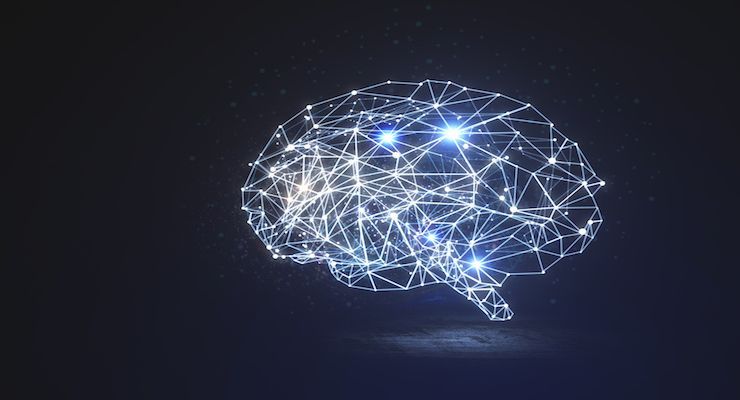If you are someone who has been caught up in the ASMR craze, things are about to get real.
Researchers have recently published the first study of its kind, finding that ASMR, otherwise known as the “brain tingles” offer physiological benefits.
Whether you are already benefiting from ASMR or are in need of a reliable, natural sleep remedy, this is for you!
The ASMR craze is anything but a trend — it’s science
I remember when I first heard about ASMR. Although I thought it was slightly odd, my husband and I listen to delta waves at night — so I understood people’s reasoning behind it in terms of helping them sleep.
For those who are unaware, ASMR stands for autonomous sensory meridian response. Associated with “brain tingles,” this phenomenon is said to create a calming effect that is followed by a tingling sensation. Although the actual stimuli will differ from one person to the next, some of the most common videos include people whispering, tapping on hard surfaces, or even someone eating.
The end goal is to help people relax and in turn, support optimal sleep.
To those who are not familiar with ASMR, yes, it sounds strange. However, it’s a BIG business. In fact, there is a YouTube video of a woman eating pickles that has over eleven million views. Although many could argue that this is some sort of money-making trend, researchers say otherwise.
Within this recent study, published in PLoS One, researchers concluded that ASMR may offer both physical and mental health benefits.
Here’s what the researchers found
A team of researchers from the University of Sheffield found that those who experience ASMR are able to reduce their heart rate in comparison to those who do not experience this phenomenon. In turn, ASMR videos may support optimal wellness and improve sleep.
Described as a sensation that begins at the crown of the head and then spreads down the body, these “tingles” promote feelings of relaxation. With more than 13 million ASMR video available on YouTube, you can listen to anything from folding towel tutorials to medical examinations.
As stated above, those who experience ASMR show a significant reduction in their heart rate (documented as an average of 3.14 beats per minute). What is even more interesting is that these effects are comparable to other techniques, including music and mindfulness.
The link between ASMR and insomnia
In terms of the available scientific evidence, ASMR is technically a brand new area of research. Although it builds on areas in which we already understand (mainly those associated with neurological and physiological reactions), this recent craze has influenced a new wave of research.
As reported on Oprah.com, one sleep-deprived woman cured her insomnia with the help of ASMR and an open mind. After experiencing the effects for herself, she said, “It matters little that science has yet to find a biological explanation or even affirm that they exist. For me, discovering ASMR put a name to a sensation I’d experienced occasionally throughout my life without ever knowing why.”
Considering roughly 60 million Americans are impacted by a sleep disorder each year, a simple remedy, such as ASMR is appealing to many. As discussed, there is no major scientific evidence to fully explain this phenomenon thus far. However, insomniacs continue to support the claims of others.
Within one 2015 study, when asking participants why they sought out ASMR, 98 percent said it was an opportunity to relax. Similarly, 82 percent agreed that they use ASMR to help them sleep, while 70 percent utilize this phenomenon to better deal with stress. Of these participants, 75 percent listed whispering as their trigger type.
There was also a small study conducted in Winnipeg, which examined 22 subjects (11 individuals with ASMR and 11 controls). What they found was that the default mode network (DMN) showed less function among the ASMR subjects, in comparison to the control group.
The team believes that the unique sensory-emotional experiences associated with ASMR are based on atypical functional connectivity in the brain. This conclusion was made after individuals with ASMR demonstrated increased connectivity between various brain regions.
Based on the evolving research, it does not appear as though the idea of ASMR will go away anytime soon. Today, it is somewhat of a pop culture phenomenon. However, ASMR may evolve into a new area of research, one that helps us better understand the experiences described by those impacted.
For now, if you’d like to explore the mysterious world of ASMR, all you need to do is head to YouTube. From whispering Trump quotes to gum chewing, if you can think of it, there’s probably an ASMR video about it.
Although interesting, I think we’ll stick to the soothing sound of delta waves for the time being (crunching pickles just ain’t my style).
-Susan Patterson

